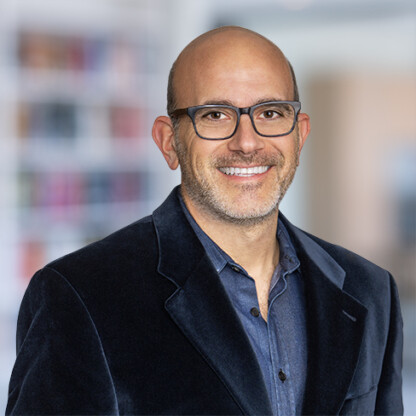Trademark Trial and Appeal Board Clarifies "Fraud on the Trademark Office" Standard
The United States Trademark Trial and Appeal Board (Board) has provided further clarification to its controversial “Fraud on the Trademark Office” standard arising from its decision in Medinol Ltd v. Neuro Vasx Inc., 67 USPQ2D 1205 (TTAB 2003) (Medinol). On January 29, 2009, in G&W Laboratories, Inc. v. GW Pharma Limited, Opp. No. 91169571 (G&W Laboratories), a case of first impression, the Board decided that fraud in connection with less than all classes of a multiple-class trademark registration does not subject the entire registration to cancellation for fraud. In doing so, the Board identified an important limitation on the consequence of a finding of fraud in connection with the maintenance of a federal trademark registration. Since Medinol, the Board had consistently held that fraud made as to any goods or services in single class requires a finding that the application or registration is void. These decisions were all made in the context of single-class registrations. Trademark practitioners and federal trademark registrants alike debated whether these decisions meant the Board would hold that fraud in connection with one class in a multiple-class registration would invalidate all classes. The decision in G&W Laboratories answers this question and may signal a softening of the Board’s stance regarding fraud since Medinol.
G&W Laboratories, Inc. (Labs) opposed GW Pharma Limited’s (Pharma) application to register the mark GW PHARMACEUTICALS on the grounds of likelihood of confusion and priority. Labs’ notice of opposition relied upon its multiple-class registrations for the marks G&W and G&W & Design, covering pharmaceutical preparations in International Class 5 and distributorship services in International Class 35. Pharma filed counterclaims to cancel Labs’ registrations in their entireties on the grounds of fraud. Fraud in the procurement or maintenance of a trademark registration occurs when there is a false representation made to, or the withholding of information from, the U.S. Patent and Trademark Office (USPTO) regarding material information, and the person either making the representation or withholding the information knew or should have known it was false and intended to procure a registration to which he was not entitled. Pharma’s counterclaims asserted that Labs had never rendered the distributorship services covered in International Class 35, and, therefore, Labs had committed fraud in the procurement of its registrations by submitting statements to the USPTO that it had used the mark in commerce in connection with such services when it knew or should have known such statements to be false.
Subsequent to the filing of Pharma’s counterclaims, Labs submitted Section 8 affidavits of use in support of its registrations, deleting the services covered in International Class 35. Labs then filed a motion to dismiss the counterclaims. In its ruling on the motion to dismiss, the Board granted judgment on the counterclaims as to the services in International Class 35 and dismissed the counterclaims as to the goods in International Class 5. The Board’s decision was grounded on the recognition that a multiple-class application should be viewed as a series of applications for registration combined into one. The Board held that when the issue of fraud is considered, each class of goods or services in a multiple-class registration must be viewed separately and, further, that a finding of fraud in connection with one class does not require invalidation of registration in connection with the remaining classes.
While the case law continues to develop in this area, in most instances a finding that a registration has been procured by fraud cannot be cured. It is therefore vital, as always, that trademark applications and registrations be prosecuted and maintained with care and vigilant attention to detail in order to avoid the loss of registration resulting from a finding of fraud.
Legal News Alert is part of our ongoing commitment to providing up-to-the-minute information about pressing concerns or industry issues affecting our clients and colleagues.
If you have any questions about this alert or would like to discuss the topic further, please contact your Foley attorney or the following:
Diane Elder
Chicago, Illinois
312.832.4552
[email protected]
Jeffrey H. Greene
New York, New York
212.338.3519
[email protected]
